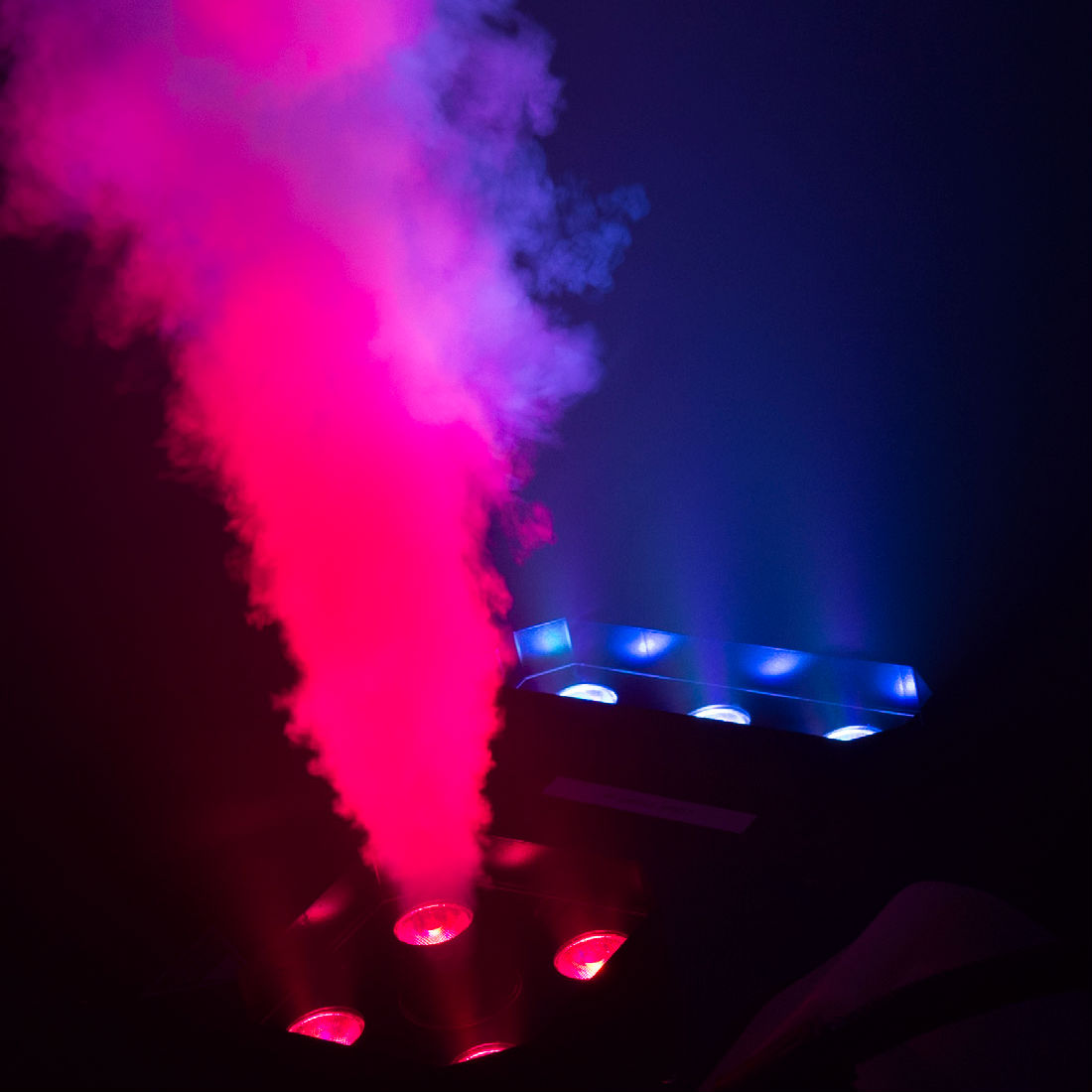Sounds Good!
Sound design, sadly, is an aspect of production that is often given little, if any thought. Most theatre companies either push responsibility for sound onto the electricians, leave it to the director, or expect the props department to handle things. Many people only think of sound as being needed in a production when music or a sound effect are specifically called for in the script.
The fact is that sound can be a vital part of the theatrical experience. The ancient Greeks and Romans both made use of musical accompaniment in their productions. By Shakespeare's day, theatres contained machinery for creating certain basic sound effects such as thunder and cannon-fire. Today, of course, technology and creativity allow the professional sound designer to create almost any sound environment inside the theater.
So why is sound design so overlooked? Maybe it's because sound is usually such a subtle part of the production. An audience would quickly notice if an actor were poorly lit, or couldn't remember his lines, or was standing on a poorly built set, but may not be so quick to criticize a lack of convincing sound. Or perhaps it is because sound is often not written into the script. Most scripts only make mention of sound when a specific effect (thunder, gunshot, etc) or a certain piece of music are called for.
But a thorough reading of almost any script will give the reader a sense of what sounds can be heard in each scene. Does the scene take place during an evening in the country? One can quickly imagine the sounds of crickets, bullfrogs and the wind moving through the trees. Is it an afternoon in a modern-day city apartment? Wouldn't we be able to hear the traffic moving on the street outside? I'm not suggesting that the actors should have to shout over the sounds of their environment, but even using a few effects at the beginning of a scene can help an audience quickly establish where and when the action is taking place. In this respect, good sound design becomes as important as the lighting, scenery and costumes.
Following are a few hints for using sound more effectively in your productions.
For the director/producer make sound design as important as lighting, sets and costumes. This means you should find a person to be responsible for the sound design of each production. It also means budgeting money for such essentials as recording and playback equipment and recorded sound effects and music. The director should work as closely with the sound designer as she would with any other member of the production team -- offering her opinion on any specific effects she wants, the overall sound of the play and any music to be played before, during or after the show.
For the sound designer use sounds to establish setting. When reading the script, think about where and when each scene takes place. Try to remember being in such a place and what sounds you could hear. If possible, go there and make mental notes of what you hear.
Use sounds to emphasize mood and/or theme. What is the emotional tone of the scene? How can that be reflected in the sound design? Shakespearean drama is great for this, as Shakespeare often used weather to mirror the mood of a scene -- take a look at King Lear or The Tempest for good examples.
Finally, don't go overboard. Don't try to make up for years of neglecting the sound of your performance by using every sound effect you can find. Often, a few well thought out sound effects at the top of a scene -- effects that fade quickly as the dialogue begins -- are enough. Your actors should not have to shout to be heard over the "environment."
Will your audience complain if you don't make better use of sound in your productions? Sadly, the answer is they probably will not. But they will notice if you begin using sound to create a richer, more engaging performance.
*********************************************
Theatre Effects Customer Service Department
service@theatrefx.com
www.theatrefx.com
Theatre Effects, 1810 Airport Exchange Blvd. #400, Erlanger, KY 41018
Phone: 1-800-791-7646 or 513-772-7646 Fax: 513-772-3579









